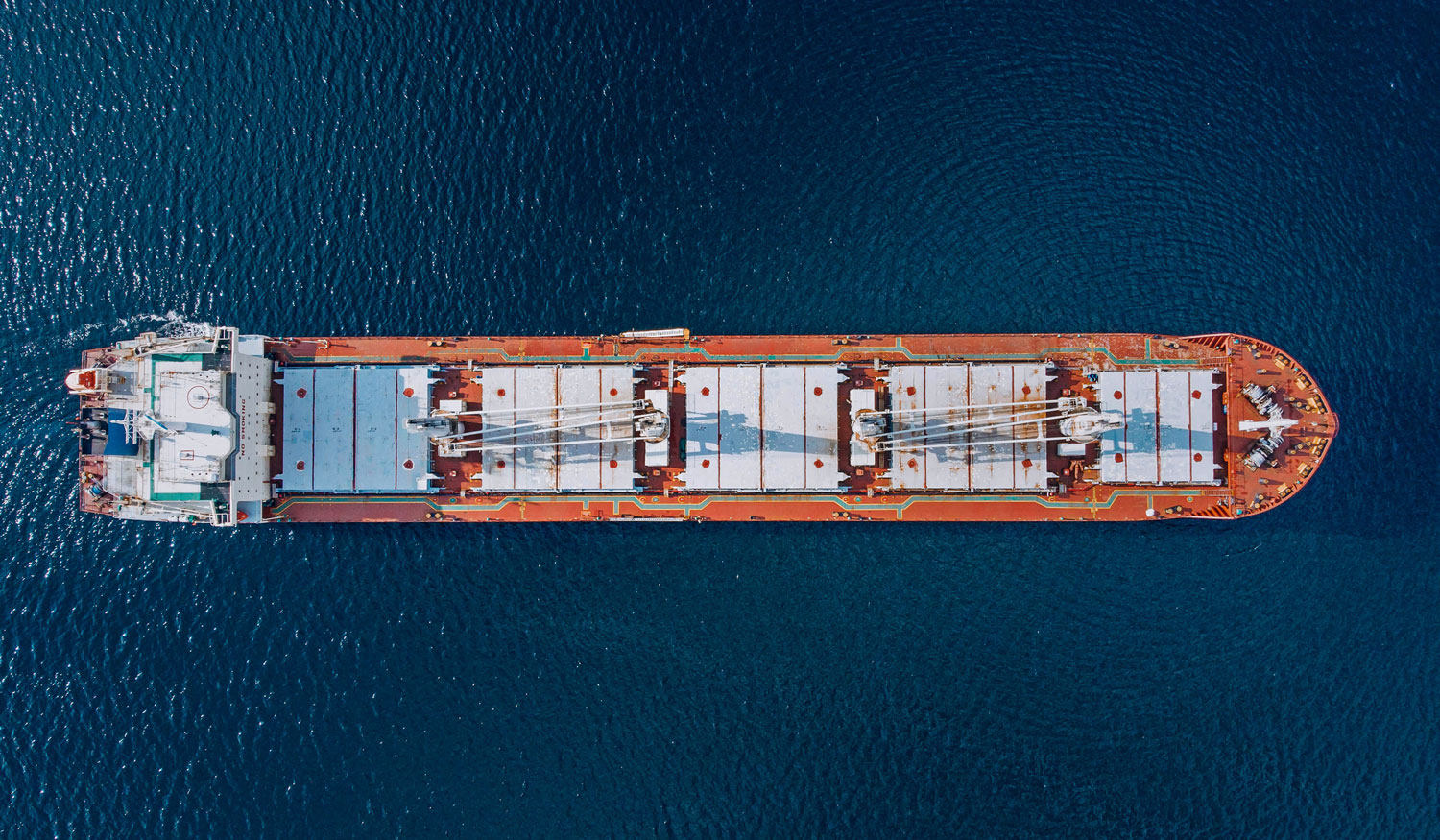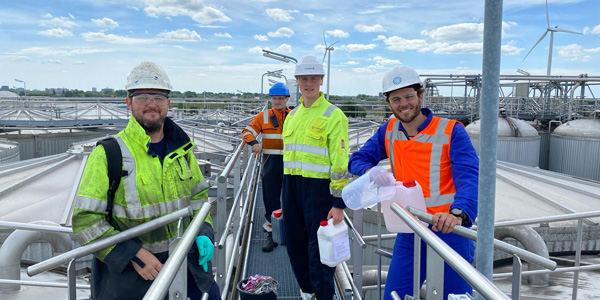

That ‘investing in our planet’ to stop climate change and environmental harm is the right and only way forward, should not come as a surprise to most. But what investment strategy should we opt for? Sticking with investment terms, what ‘risk profile’ would feel fitting when the potential loss is our home planet?
What is Earth Day?
Earth Day is an annual event celebrated on April 22nd to raise awareness and promote environmental protection worldwide. It is a day to recognize our planet's importance and take action to preserve and protect it for future generations. Millions across the United States celebrated the first Earth Day, and it helped launch the modern environmental movement.
The purpose of Earth Day is to encourage people to take action to protect the environment. This includes reducing our carbon footprint, conserving natural resources, and promoting sustainability. Earth Day also serves as a reminder that we all have a responsibility to protect the planet and to ensure that it remains healthy and habitable for future generations.
Earth Day 2023
Every year on Earth Day, we double down on our 'better world' brand promise and look at how we can connect our company mission even more to protecting our precious planet. As chosen by its organisers, this year’s Earth Day theme is ‘Invest in Our Planet’ – the same theme as in 2022. And for good reason, because it highlights the importance of dedicating our time, resources, and energy to solving climate change and other environmental issues.
Investing in our planet sounds straightforward, but what would be a good investment in this specific case? When should we expect success? This year on Earth Day, we are doing a deep dive into planet investment strategies from the perspective of the shipping industry.
How to invest in our planet
To help Earth Day participants take action on the ‘Invest in our planet’ theme, the organization provides a broad education package and initiatives on their website earthday.org. In addition, they organize a week filled with activities called Earth Week, calling all businesses, governments, and citizens alike to contribute and participate. Naturally, how this theme is understood and can best be applied might differ for each audience group.
1. Reduce all the emissions we currently can
If you ask us, the best investment is one that pays off almost immediately. When considering all the fuel that is being burnt at any given moment by container ships (as of 2021, there were over 5,500 container ships in operation worldwide, with a total capacity of around 23.5 million TEUs (twenty-foot equivalent units)), bulk carriers, cruise liners and all other types of vessels that sail our globe daily, then it makes sense that reducing the GHG impact of these constant emission activities will make a big impact.
Considering the lifespan of an average container or bulk vessel (25-30 years) and the fact that all other sustainable fuel technologies (like bio-methanol, green hydrogen, and e-fuels) will still be years in development, it is safe to say that biofuels are still the only viable and available solution to decarbonise global shipping today. At least for the short to mid-term, while we wait for the ‘future fuels’ to be developed. As 96% of the world's merchant fleet, by tonnage, still used diesel engines in 2018, according to the IMO, using biofuels to reduce the emissions of all vessels with marine diesel engines that are currently in operation can safely be considered a wise investment in our planet.
Naturally, this solution should be leveraged without causing new problems elsewhere. For this reason, we only source, develop and supply sustainable biofuels. These fuels are derived from waste and residue and do not compete with food sources or cause detrimental effects in other sectors like land use change and deforestation.
2. Use the solutions that are already available
Sustainable biofuels are an effective solution for decarbonizing global shipping as they can be dropped into existing marine engines without having to make changes to the engine or fuel infrastructure. This means shipowners can already start reducing their CO2 emissions today, without having to invest heavily in new vessels or in retrofitting their current fleet.
In addition to its availability and ease of use, the reduction potential of working with waste and residue-based biofuels also allows shipowners to make a big impact, as the carbon footprint of their vessels is substantially reduced when using sustainable marine biofuel. For any oceangoing vessel with a marine diesel engine, using drop-in biofuels enables a well-to-exhaust CO2 reduction of 80-90%.
3. Start taking action today
Following the release of the latest IPCC Synthesis Report, the UN secretary general, António Guterres, urged to “massively fast-track climate efforts by every country and every sector and on every timeframe. Our world needs climate action on all fronts: everything, everywhere, all at once.”, adding to the sense of urgency that already existed prior to the report being published.
Taking climate action quickly is necessary to fast-track results, but acting quickly can also be considered an investment in companies’ organizational readiness to transition their operations toward net zero. Especially true in the case of working with sustainable biofuels, we encourage getting practical experience over doing more desk research. Only when you start integrating more sustainable fuel options into your existing supply chain will your learning curve skyrocket and will you truly see what is needed within your organization to accelerate your internal energy transition.
Getting started with a biofuel trial is a great way to familiarize your organization, from your operations teams all the way to your Sustainability Managers, with working with waste-based fuels. Experience like this compounds, so acquiring it early on will help your organization get a head start. Once stricter regulations will force shipping companies to take decarbonisation measures, disrupting business as usual, the experience your organization already has will help you navigate the new regulatory landscape with much more ease.
4. Help build and mature the future fuel infrastructure
The first oil well was supposedly drilled in Pennsylvania, United States, in 1859. This means the oil industry has been invested in and optimized for almost 165 years. The good thing is that we can (re)use big parts of its infrastructure to roll out greener alternatives to fossil fuels to the shipping industry. However, we still have a lot of investment to get the supply chain for renewable fuels to function just as smoothly and cost-efficiently. If we ever will, because working with waste- and residue streams requires a somewhat different approach than ‘just’ pumping more oil out of the ground.
Every delivery of sustainable biofuel we do, every trial voyage, and especially every term deal we close with recurring clients committed to sailing on sustainable biofuels for the long term contributes to rebuilding the marine fuel infrastructure more sustainably.
Naturally, regulatory updates also contribute to the market for renewable fuels advancing, but waiting for these updates to happen will not be enough to achieve our climate goals. An improved renewable fuel economy will naturally benefit all participants in the market. Hence, the quicker and more frequently we jointly invest in this new fuel economy, the sooner the whole industry can profit from this groundwork. We feel it’s no coincidence that the aphorism "a rising tide lifts all boats" comes from shipping in the first place.
5. Build partnerships, combine forces
As the shipping industry discovered ages ago, working together creates favourable market conditions for all parties involved. We see it as our joint goal in the shipping industry to work together to provide easier access to renewable fuels globally and consider ourselves fortunate to have already such a broad network of internationally operating clients and partners.
A great example of these collaborations is shipping companies Norden and Spar Shipping partnering up to use GoodFuels’ sustainable biofuel, recently. But sustainability in the shipping industry can be advanced on many fronts. Late last year, also together with Norden, in collaboration with global certification organization Control Union and France’s IDS Group we successfully tested an isotopic tracer for marine biofuels. We have jointly developed this fuel tracing solution to answer the call for more transparency and sustainability in the marine fuel market.
Investing in our Planet every day
At GoodFuels, we consider investing in our planet as a result of our daily operations. From founding our company in 2015, we’ve given ourselves the objective that everything we do should contribute to a better world. Through our products, services and broader market interactions, we work on building this better world daily, together with our clients and partners.
If you would like to join our mission and start decarbonizing your vessels, get in touch here, and one of our team members will reach out to you. We look forward to helping you take the next step in your decarbonization journey!







